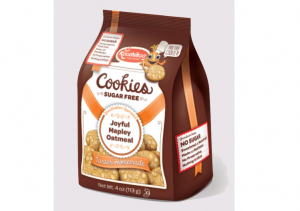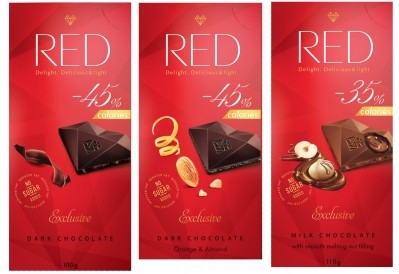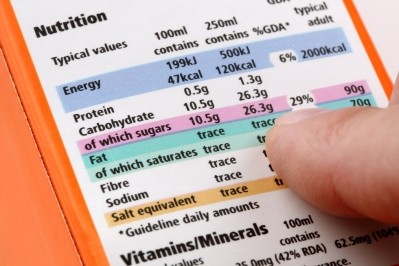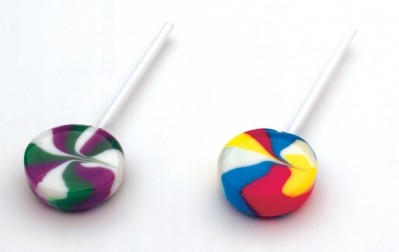'I really want to disrupt the category’
Koochikoo aims to disrupt candy world with ‘world’s first’ organic sugarfree lollipops
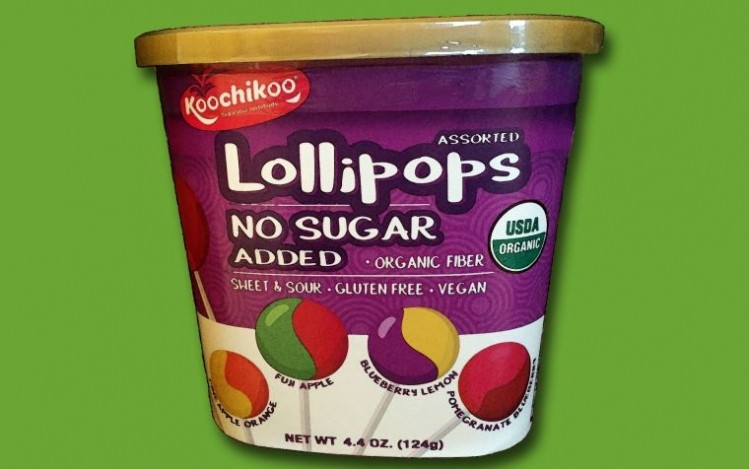
The Seattle-based brand - established by a veteran of the organic industry - has developed a sweetener from tapioca fiber after four years of research and development.
‘Lack of innovation’ in confectionery
Speaking to ConfectioneryNews at the ISM trade fair in Cologne last week, Koochikoo founder Sally Cox said the brand's lollipops were likely to appeal to parents and filled an untapped need for organic hard candy with no sugar.
"There was no ingredient that was appropriate - that was sweet like sugar, but had zero grams of sugar,” she said.
"One thing I'm surprised about is the lack of innovation. Everyone thinks about 'stevia-based'. Stevia is OK, but it’s not the be all and end all in sugarfree."
"Typically, you see erythritol used as a bulking agent. There is organic erythritol available but it doesn’t taste good and it doesn’t work well in confectionery applications - it has a licorice afternote,” she continued.
From cassava plant root
Cox said: "I've created a fiber specialized for confectionery applications."
Koochikoo is using tapioca fiber derived from the cassava plant root, which is a low calorie, prebiotic soluble fiber with a mild sweetness.
Its lollipops contain 5 g of tapioca fiber and are 10 calories each.
Cox is also president of Koochikoo’s sister company Excel Trade, an export management provider for US brands such as Nature’s Path and Project7 gum.
"We have distributors in 90 countries and my distributors were asking for sugarfree products that are organic and not with the sugar alcohols and chemicals that go into sugarfree confections now.
"I was surprised nobody was doing it and I kept waiting for somebody to do it, but nobody did, so I invested,” she said.
‘No sugar added’
Koochikoo claims its tapioca fiber - which it labels as 'organic tapioca fiber' on ingredients declarations - is 70% as sweet as sugar.
"The flavor is similar to honey - it's a soft sweetness,” said Cox.
The USDA Organic certified lollipops contain zero sugar, but Koochikoo states on the front of pack that the product is 'no sugar added', rather than 'sugarfree'.
"Traditionally ‘sugarfree’ has a bad rep and I wanted to bring in the types of consumers who are alienated by the concept of sugarfree,” said Cox.
Koochikoo’s lollipops come in four fruit flavors – Pineapple Orange, Fuji Apple, Pomegranate Blueberry and Blueberry Lemon.
They come in a standup pouch containing 10 lollipops or as a 20-count family sharing pack in an ice cream style tub.
"I really want to disrupt the category,” said Cox. “Every candy is being pegged up now and I wanted to have something that can be boxed out or put off shelf that doesn’t require a peg."
Cox said she hopes to also serve private label customers. Koochikoo plans to launch adult-centric flavors this year in a hard candy drops format, she added.
Global brand before breaking into America
"Sugar is cheap and my product, because it’s organic and has specially handling to make the ingredient, is much more expensive as a raw material input, but I'm strategically looking at lower margins to be priced competitively in the organic confectionery set,” said the company founder.
Koochikoo’s 62 g standup pouch with 10 lollipops will retail for a suggested price of $2.99.
Cox expects the brand will have resonance initially outside of Koochikoo’s home market, the US
"I anticipate having a global brand before I have an American brand,” she said, highlighting Australia, New Zealand, Mexico and Chile as growing markets for organic products.
